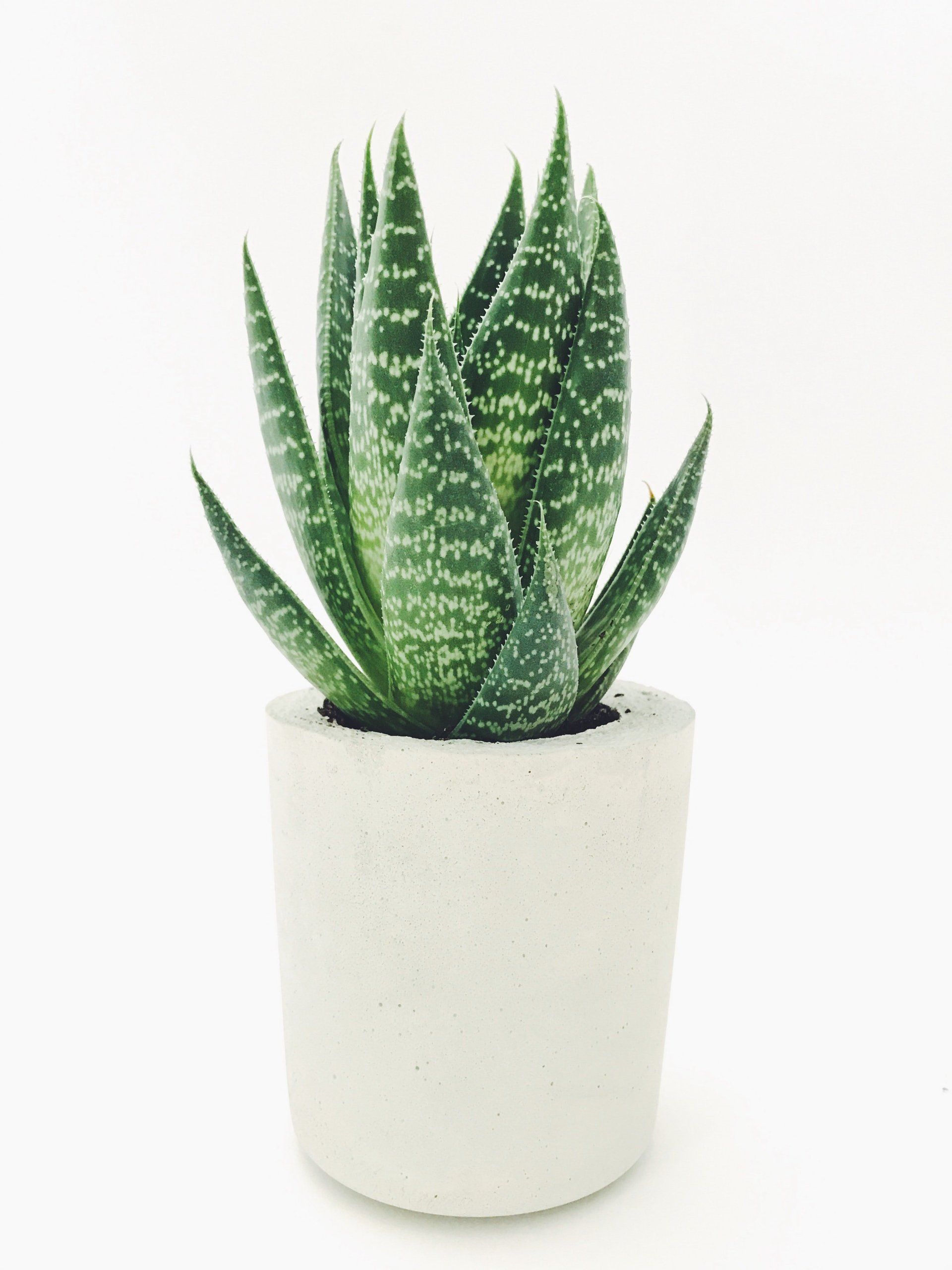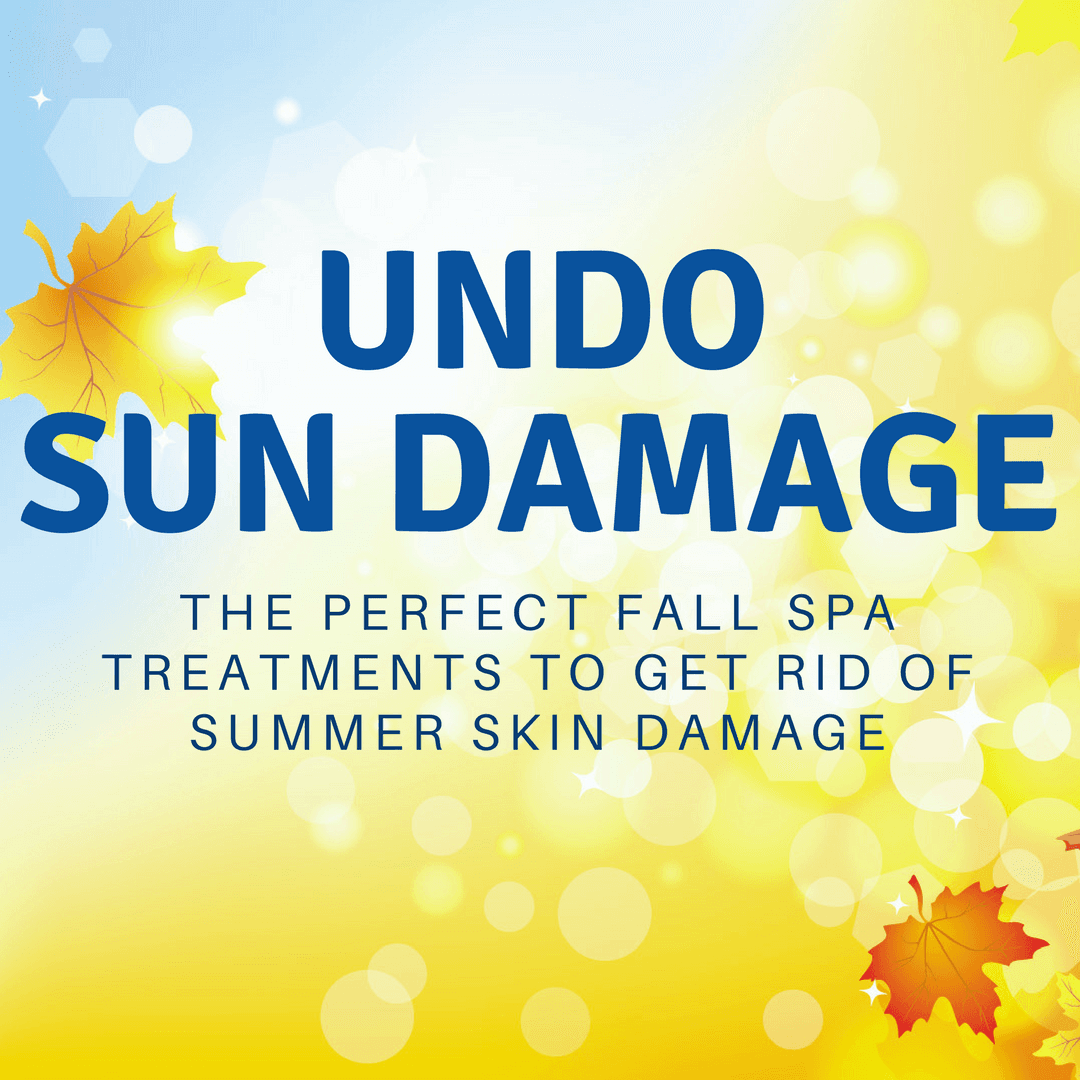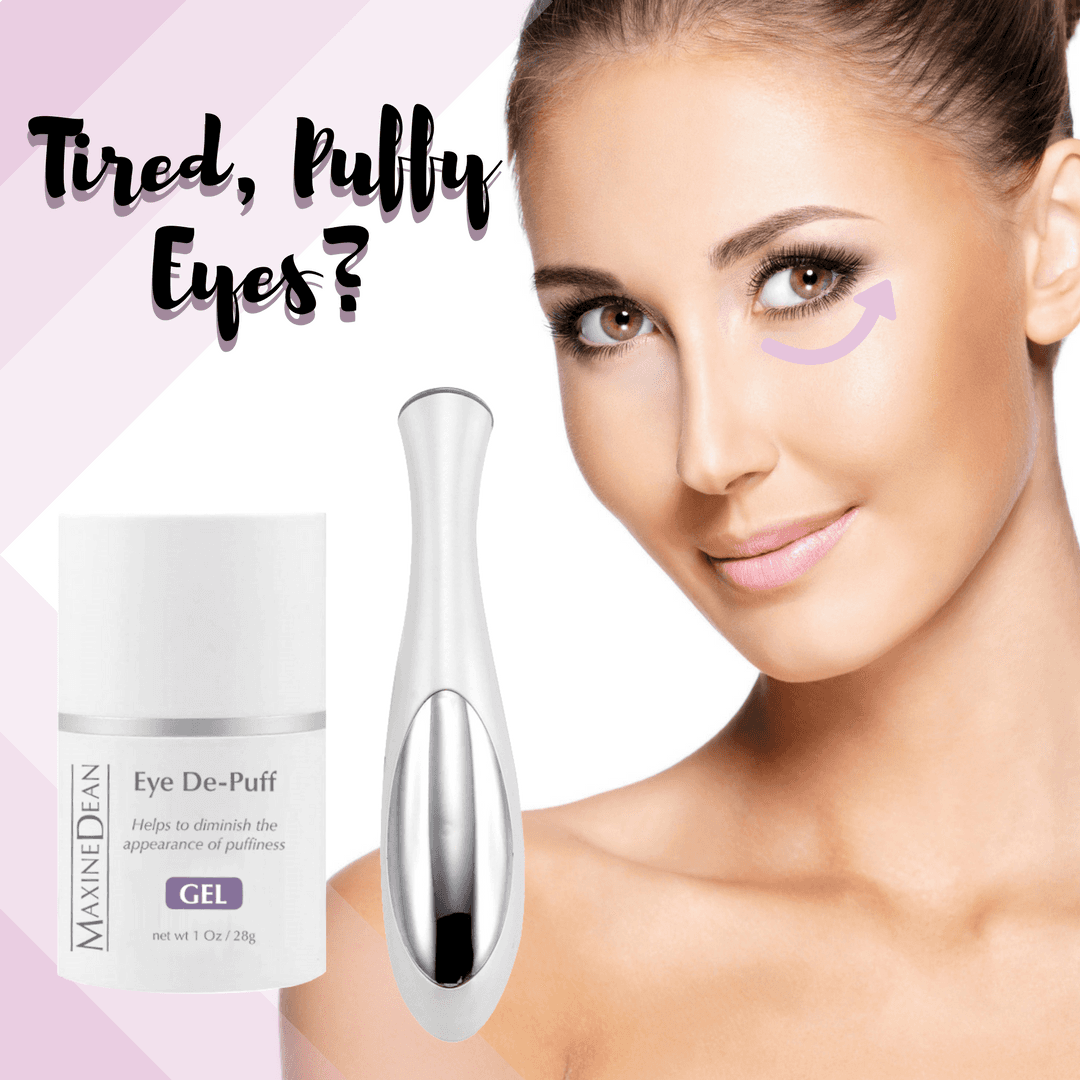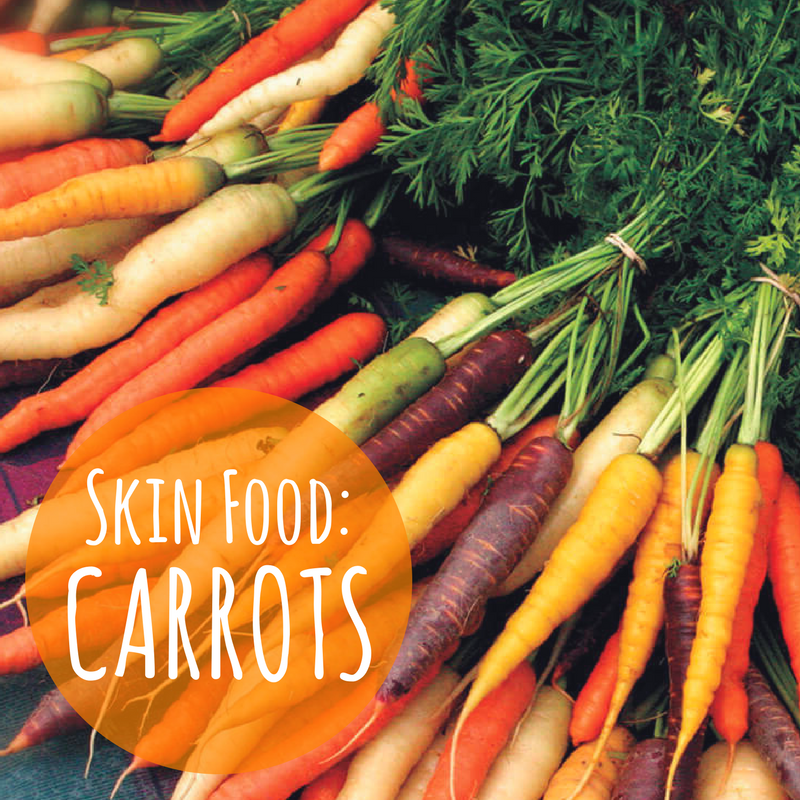The Dangers of Sugar & Its Effect on Your Skin
When you hear the word sugar, do you start to salivate? If so, you are not alone. You may understand that sugar is probably not the healthiest food. Yet you might still crave it on a daily basis. This is not at all uncommon, thanks to the fact that processed food probably makes up the largest part of your diet. Intentionally hidden by manufacturers behind names like agave nectar, fruit juice, barley malt and dextrose, sugar is a prevalent but dangerous food ingredient.
Like salt, sugar addiction is rather common. Health professionals, unfortunately, agree that beating a sugar addiction is just as tough as kicking cocaine, heroin or a tobacco habit. There are neurological and physiological processes triggered by sugar which create this powerful addiction in some people. If sugar was not such a deadly food when taken in excess, this would not be a problem. From weight gain to premature aging, promoting cancer to boosting your risk of diabetes, sugar can be downright deadly.
The Effects of Sugar on Your Skin
The consumption of sugar and simple carbohydrates cause insulin levels to spike, resulting in inflammation. Inflammation produces enzymes that break down collagen and elastin resulting in sagging skin, fine lines, and wrinkles. The digested sugars attach to collagen in a process called glycation.
The digested sugar molecules react with proteins and fats in an abnormal way, producing harmful molecules called “advanced glycation endproducts," also known as AGEs. The body doesn't recognize AGEs and produces antibodies to combat the new sugar proteins, leading to inflammation. The more sugar or high-glycemic foods that are consumed, the more AGEs are produced. When the body becomes overwhelmed with AGEs, collagen and elastin become comprised resulting in accelerated visible signs of aging. AGEs activity increases with age, and with UV exposure.
Glycation affects the skin's structure at a cellular level resulting in accelerated aging, as well as worsening of other skin conditions.
The following are some of the visible signs of glycation:
- Fine Lines & Wrinkles
- Decerlation of Cell Turnover
- Loss of Elasticity & Sagging
- Stiffness, or Hardness of the Skin
- Poor Circulation
- Loss of Facial Volume
- Age Spots, Uneven Skin Tone & Hyperpigmentation
- Worsening of Acne, Rosacea & Eczema
How to Counteract the Effects of Glycation
- Watch What You Eat. Choose foods that are low on the glycemic index. These foods take longer to break down and help stabilize blood sugar levels. Avoid high-glycemic foods and sugar that will cause your blood sugar levels to spike.
- Increase Your Antioxidant Intake. Antioxidants can protect your cells and help counteract the damage caused by glycation.
- Exercise. Working out and maintaining a healthy weight can help control the formation of AGEs. Being overweight, and the reduction of muscle mass can increase blood sugar levels and increase AGEs. Muscles consume glucose. The more muscles you have, the more glucose your body with use up. Muscle loss is a part of aging, however regular weight training and exercise can help counteract these effects.
- Protect Your Skin. UV exposure increases the formations of AGEs, so it is vital that you protect your skin from the sun. Apply SPF daily to your face, neck, chest hands and any other exposed skin.
Your Daily Recommended Allowance of Sugar is...
The World Health Organization lowered its sugar intake recommendations by 50% in 2014. They now suggest no more than 5% of your daily calorie intake should be delivered by sugar. What does that mean? For the normal person, it means 25 grams (roughly 6 teaspoons) of sugar per day. You may be thinking, "I am safe. I don't add anywhere near 6 tablespoons of sugar to my food on a daily basis." Unfortunately, you don't have to. Normal foods are so chock full of sugar that there is a good chance you could be over your sugar RDA without reaching for the sugar bowl.
The American Heart Association recommends sugar levels similar to the levels the WHO suggestions. The AHA suggests male adults take no more than 150 calories of sugar per day (9 teaspoons). They suggest 100 calories per day as a maximum (6 teaspoons) for adult women.
How to Avoid Sugar
Be Careful of Foods Advertised As Fat-Free
Fat, both healthy and unhealthy varieties, delivers a lot of flavor. That's why it is used in a lot of processed foods. In an effort to eat less fat, some people reach for fat-free foods and beverages. Make sure you are reading your food labels when you do so. Fat is often replaced by sugar in foods which are sold as fat-free.
Learn to Read Food Labels
Panocha, refiner's syrup, Florida crystals and diastatic malt are all deceptive efforts by food manufacturers to hide the presence of sugar.
The next time you are online, type "different names for sugar" into your favorite search engine. Prepare to be overwhelmed. Print out this list and keep it with you when you go shopping. Avoid these ingredients as much as possible.
Skip Any Foods with Ingredients Ending in "OSE"
The last tip was a good one. But in case you get stuck shopping for groceries and you forget your list of alternative names for sugar, don't fear. Just skip food ingredients with an 'ose' suffix. Galactose, sucrose, fructose, lactose, maltose, and dextrose are all synonyms for sugar.
Cut Back on Soft Drinks and Energy Drinks
Remember earlier, when you learned your body needs no more than 6 to 9 teaspoons of daily sugar to operate properly? A single 12 ounce can of most sodas delivers 120 to 150 calories from sugar (7 to 9 teaspoons.) The sugar content in popular 8 ounce energy drinks averages between 100 and 125 calories (6 to 7 teaspoons.) This puts you at or over your DRA of sugar after just one beverage and does not include sugar already found in the foods you eat.
Avoid Added Sugar Altogether
Your body doesn't need you to feed it sugar. When you get ample carbohydrates in your diet, your body uses them to manufacture sugar. This is where you get your energy from. This is also why sugar leads to obesity. When you get too many simple carbohydrates in your diet, like those found in sugar, your body stores those carbs as fat. As long as you are eating enough healthy carbohydrates, you can avoid sugar altogether.










